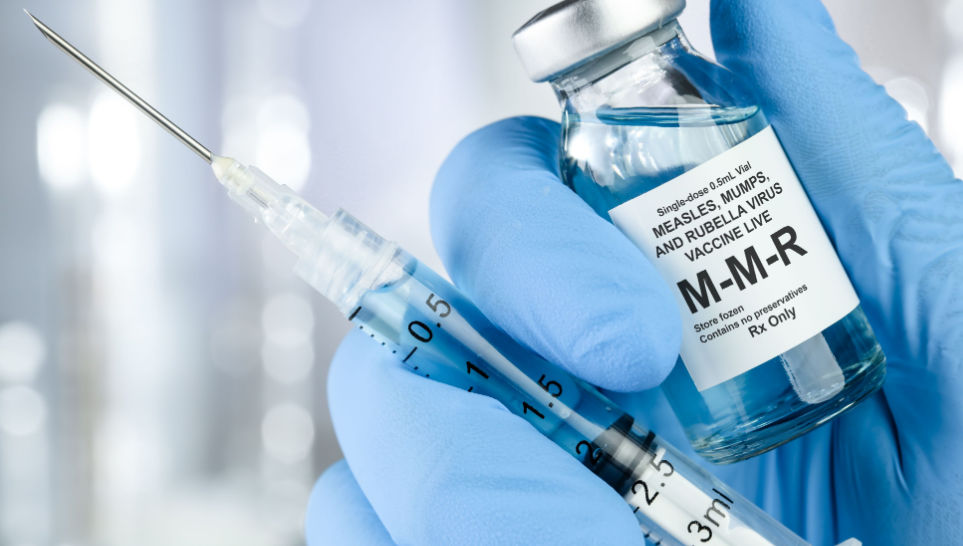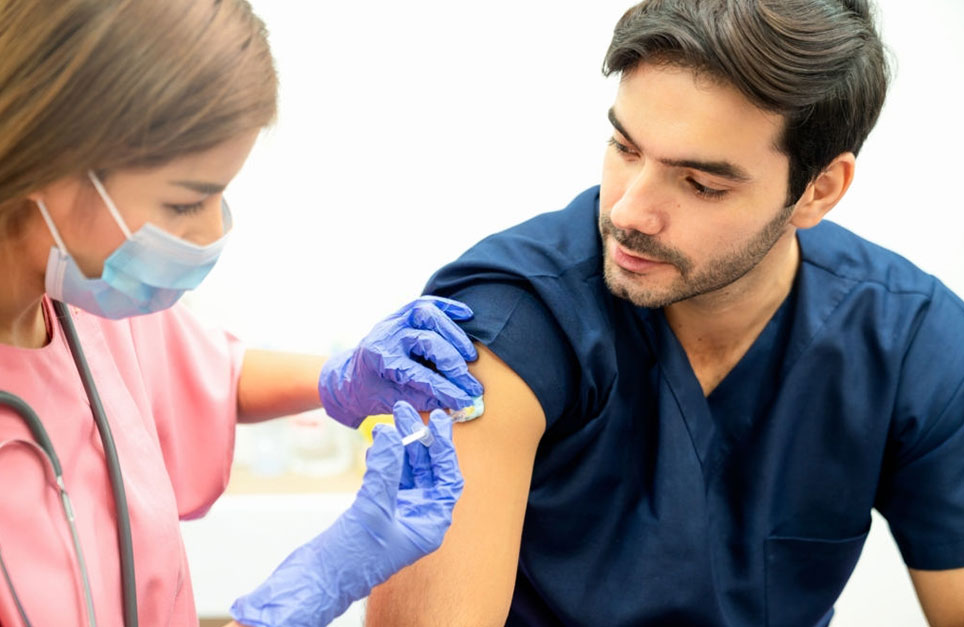
For a long time there has been a question regarding the safety of childhood vaccinations. Parents have been concerned over suspected links between vaccinations and multiple ailments. The U.S. Food and Drug Administration takes the position that while vaccinations may induce adverse reactions in some patients, they are safe and effective for the vast majority of children. A less widely known adverse reaction to vaccines is the development of a blood condition called ITP.
ITP (idiopathic thrombocytopenia purpura) is a bleeding disorder that results in the destruction of blood platelets. This may result in a loss of the ability for the blood to clot. This can result in hematomas, which are severe bruises that appear under the skin, as well as bruising and nosebleeds. In a very small number of cases, it may also result in bleeding in the brain. It is believed that the Measles-Mumps-Rubella-vaccine, or MMR as it is commonly referred to, can lead to ITP in a small fraction of children shortly after being given the MMR vaccine. It is not known if other vaccines can also lead to this loss of platelets.
The results of a recent study of five managed care organizations, comprising data from incidents of this platelet disorder, was analyzed. This study comprised results recorded over a nine year time period from 2000 to 2009.
Incidents of platelet issues that arose after vaccinations of 1,800,000 children were analyzed. These children ranged in age from six months to seventeen years old. Diagnostic codes as well as platelet levels were used to mark the cases where platelet disorders were present. Reviewing of the patients’ medical charts was employed to ensure that correct diagnosis of platelet issues was used. Rates of the platelet disorder were then calculated both before and after the vaccinations. These were then compared.
Many vaccines include weakened viruses. ITP appears subsequently to viral infections. The forty-day period after immunizations is a logical time period to ascertain vaccine -based ITP cases.
Out of the close to two million children, less than two hundred developed the disorder. Children younger than seven did not show an increased risk for this disorder. Children age seven and above showed an increased risk of ITP after being administered the Hepatitis A vaccination. For children age 11-17, an increased risk was shown after receiving the chickenpox vaccine and the combination vaccine protecting against tetanus, diphtheria and whooping cough, or pertussis.
Resources:
The Risk of Immune Thrombocytopenic Purpura After Vaccination in Children and Adolescents





